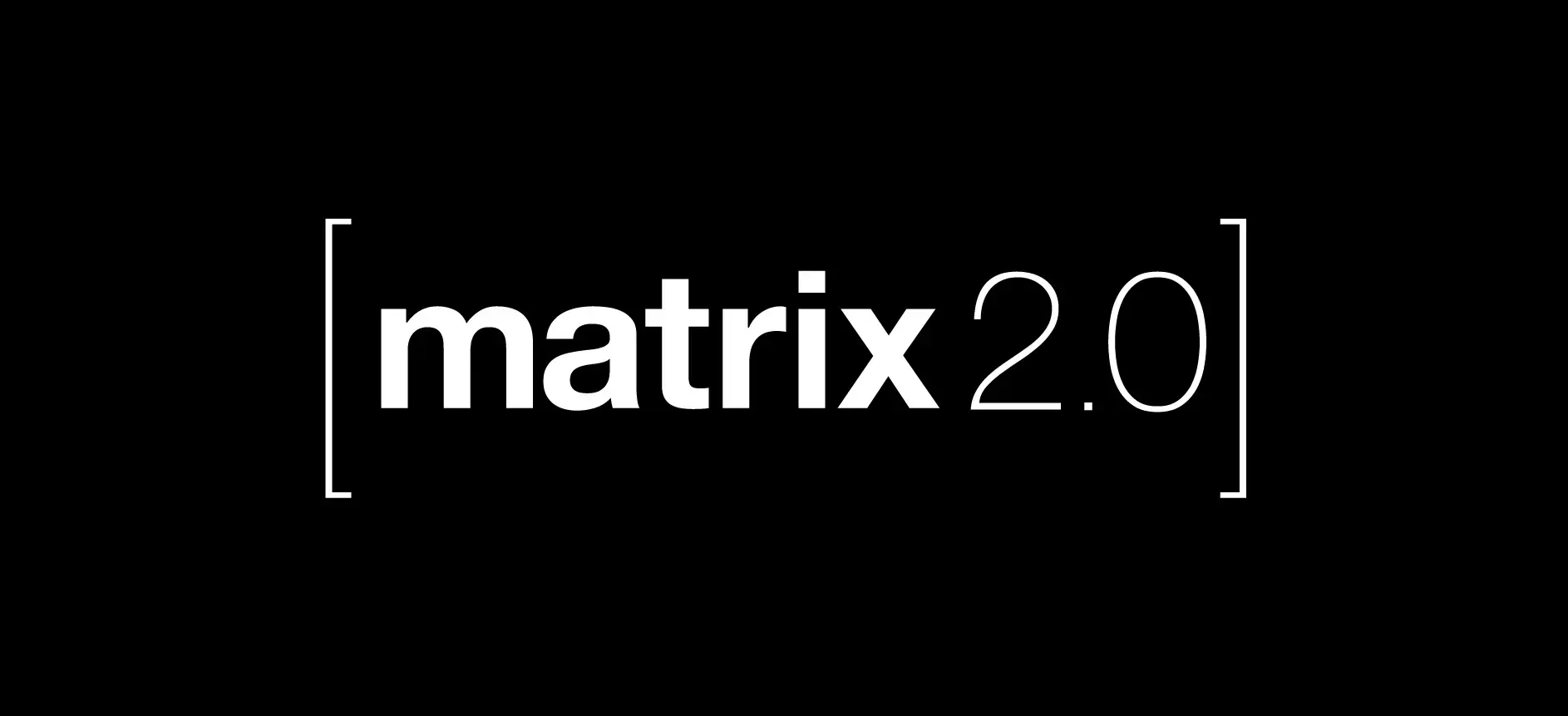- cross-posted to:
- technology@lemmy.world
- matrix@lemmy.ml
- cross-posted to:
- technology@lemmy.world
- matrix@lemmy.ml
Highlights include Sliding Sync (instant login/launch/sync), Native OIDC (industry-standard authentication), Native Group VoIP (end-to-end encrypted large-scale voice & video conferencing) and Faster Joins (lazy-loading room state when your server joins a room).



You seem to underestimate a lot the messaging landscape of back then :) It wasn’t a “XMPP thing” to implement those for laughs and giggles, it was the qualifying feature set of every popular app then, and XMPP clients like Gajim, Psi, Pidgin, … were competing against multi-protocol clients like Adium, Trillian, Telepathy, … and 3rd party ones (like aMSN, KMess, …) to implement the features of MSN, Yahoo, ICQ, … Yup, it was a zoo, but it was not XMPP’s. The only point of shame I see here is that we lost pretty much all the fun and innovation when everything became “mobile-first”.
I don’t think this analogy is relevant there, and I certainly don’t think that the multitude of XEPs I listed are evidence of XMPP being akin to a bazaar: the XMPP protocol is very lean and coherent, and kept that way by the XSF. Those XEPs were meant to document and standardize the practices of the time.
I have no idea what compromises you are talking about. I have SO, parents and many more, of all ages, abilities and systems having joined XMPP, with no difficulty whatsoever. The experience probably even is better here than on Matrix because not only can you generate invite links/qrcodes that contain a bootstrapped contacts list, there is also the option to discover contacts via mobile phone numbers (e.g. from quicksy.im, choegram) that comes handy in some contexts.
“Joining XMPP” is a low bar. I’m talking about it having a viable, usable alternative with features that people are used to expect.
You mentioned siskim as the best alternative for iOS which - looking at the main page and open github issues - does not seem to support reactions or group messaging. In 2023, this is not acceptable for anyone but the most hardcore apologists.
…and by that, I meant not just them logging into XMPP, but XMPP effectively dislodging WhatsApp and all other centralized proprietary apps, for the whole family. There is absolutely nothing they miss in terms of features using XMPP for day to day communications, and even the less savvy/older folks understand and appreciate that the niece’s birthday pictures are stored on the family NAS and not on some facebook server.
Compared to Matrix, they get something that’s fast, light on their battery, light on their data plan, that has instant message delivery, that works behind firewalls (thanks to SRV and https multiplexing), has zero downtime, and more importantly, zero vaporware features like threads and spaces that barely work. I created our very first family room in 2015, and we’ve been using it uninterruptedly every single day since.
Matrix is no alternative to XMPP for us. I tried very hard to make it work, but the running costs, the admin overhead and the constant need for user support (because you’ve got to explain basic features which are counter-intuitive like encryption, not to use this or that feature, why we’ve got to migrate rooms, why messages to the outside and to bridges sometimes take a long time to reach without notice nor warning, …) just makes it impractical and gives a bad impression. Matrix just isn’t that good when self-hosting.
I can assure you that Siskin supports groups. And reactions is a good example where Matrix could learn a lesson or two from XMPP and its extensibility and concern for compatibility: instead of splitting the world between clients that support the feature (i.e. Element and the poor suckers left behind), in XMPP land, reactions appear as reactions in clients supporting them, and as cited messages + emojis elsewhere. Not supporting reactions is sometimes a conscious choice by developers (for e.g. performance, accessibility reasons or limits of some platforms e.g. TUI), and this is totally acceptable because the meaning/intent of the discussion isn’t degraded.